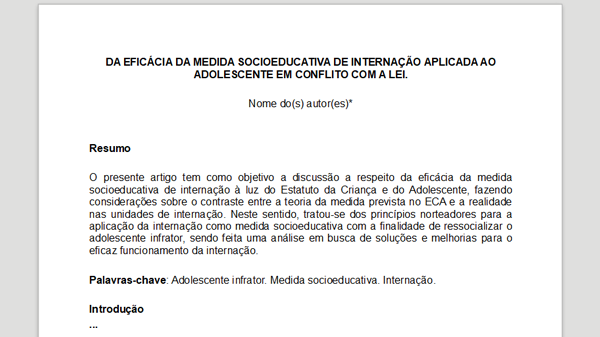Safe conduct is a document issued by a nation that allows its holder to transit through certain territories. Currently, this is a privilege. mainly granted to diplomats.
According to public international law, safe conduct can be provided to citizens of countries in a state of war who want to take refuge in other countries.
In Brazil, for example, during World War II, many safe-conducts were granted to Italian, German and Japanese immigrants who escaped the attacks of the Axis Power.
With the safe-conduct, the individual has the protection that he will be able to move freely through a certain area without running the risk of being arrested or impeded.
Under Brazilian constitutional law, the safe-conduct is also a means to obtain the habeas corpus, a legal mechanism that guarantees the individual's freedom when it is threatened.
The right to come and go freely is guaranteed in the Constitution for every citizen, when there is no official evidence or convictions that revoke this natural condition.
The word safe-conduct can still be used as a figurative sense, referring to security condition, privilege and exemption that is guaranteed to someone. As a rule, this perk is granted to a small group of citizens.
Example: “He has the safe-conduct to act as he pleases.”.
In Portuguese, the correct use of the plural for the word “salvo-conduto” can be either “salvo-condutos” or “salvo-condutos”.
Safe conduct in elections
This is a right that guarantees the physical and moral integrity of voters who are threatened because of their vote.
Electoral safe-conduct protects voters from intimidating acts that could impair their freedom to vote.
If this safe-conduct is not complied with, the individual who disobeyed it may be punished with imprisonment for up to five days.

